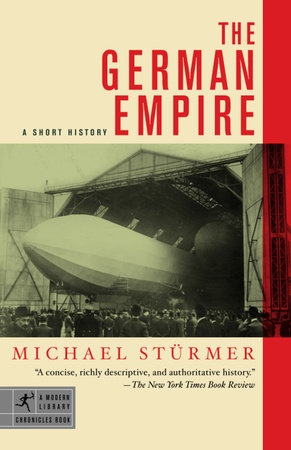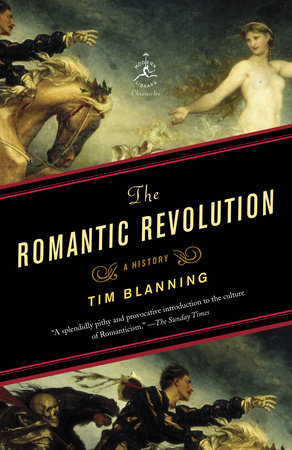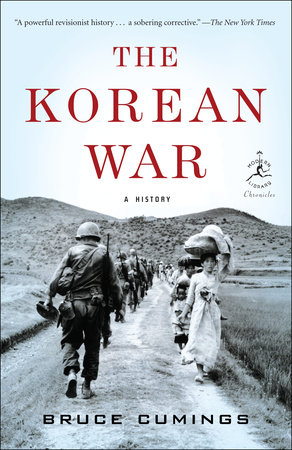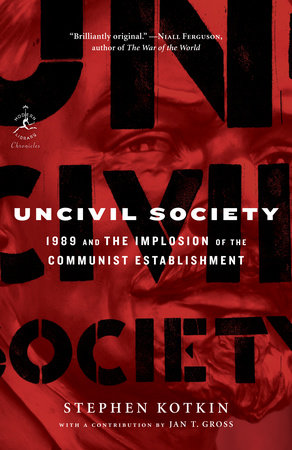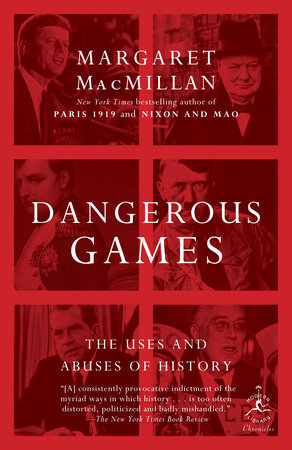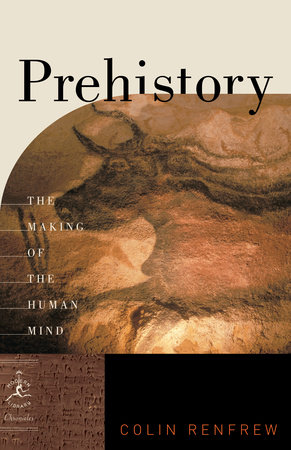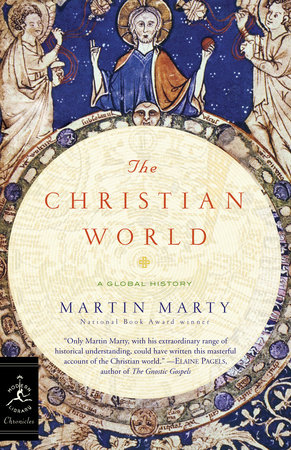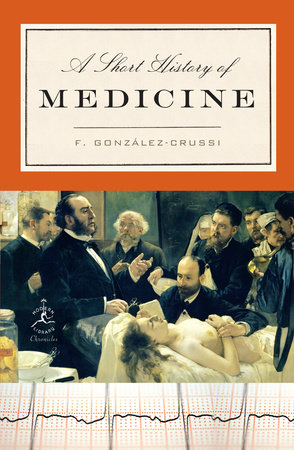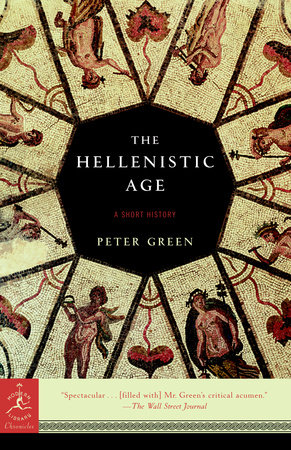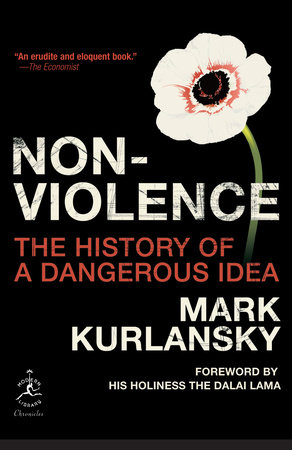Excerpt
The German Empire
In the ancient city of Koblentz where the Moselle flows into the Rhine there is, in front of the Romanesque church of St. Castor, a neoclassical fountain with a plaque. The inscription celebrates the passage of Napoleon's grande armée through the city en route to Russia to crush the Tsar's despotism. It is signed, "Jules Doazan, sous préfet de la ville de Coblentz." Underneath there is a second inscription which reads, "Vu et approuvé par nous le commandant Russe de la ville de Coblentz."* The first inscription is dated 1812, the second one 1813. This plaque encapsulates the German question.
Germany is situated at the heart of Europe where all the peninsulas and lands forming the European continent are linked to Eurasia. Germany, whether its citizens are aware of the fact or not, determines through its history and geography the destinies of most countries in Europe; and, in turn, the fate of Germany is, for better or for worse, of the utmost importance for these countries. This has been the conditio Germaniae ever since Europe began to evolve a thousand years ago. Strategic and cultural interdependence made the Holy Roman Empire for many centuries the center of the European system, but far from being the imperial master of Europe's destinies, the German lands proved time and again to be a peacetime chessboard or a wartime arena for the competition of the European powers who were rising to modern statehood and sovereignty and fighting for influence. The German constitution, forever organized in an uneasy equilibrium between the Emperor and the territorial rulers, became more "Europeanized," and less nationalistic in outlook and intent: today's map of Europe, the result of the changes that took place in the 1990s--Germany unified within the framework of NATO followed by a quantum leap in European integration through economic and monetary union--is nothing but a modern and more enlightened variation upon a very old theme.
This book traces the rise and fall of the German Empire from its inception after the Franco-Prussian war of 1870 to its demise, in defeat and revolution, in 1918. Otto von Bismarck, its creator, put an end to the age-old European role of Germany by excluding the vast and unwieldy Habsburg lands. But even so the new German nation-state was, almost inevitably, a dramatic challenge to the established balance of power. "Europe has lost a mistress and won a master" was a complaint heard around London after France's defeat. Benjamin Disraeli, later the Earl of Beaconsfield, pointed out in the House of Commons in 1871 that this war--referring to the recent Franco-German war--was "a German revolution," and "a greater political event than the French revolution of last century. I don't say a greater, or as great a social event. What its social consequences may be, is in the future . . . there is not a diplomatic tradition which has not been swept away . . . What has really come to pass? The balance of power has been entirely destroyed." There was an ominous tone of warning in his analysis, and it was heeded by the contemporary generation of German leaders, especially by Bismarck--whose epithet of the "Iron" Chancellor disguised his heroic pessimism--and by his successor Count Caprivi. But by the end of the century the European stage had been superseded by a global one. The United States and Japan had become world powers in their own right and markets, resources, battle-fleets and sea-lanes had become vital components of national power and identity in Europe, Germany being no exception. And there was no longer Bismarck to sound the alarm.
Why did the Empire end in war? Was this, to put it into ancient Greek terms, nemesis following hubris? Were the inevitable stresses of transforming an agricultural society into an industrial one uncontainable? Or was Germany caught in its geography, its politicians blind to the troubling fact that the country was too big for the old balance of power to continue but too small to impose a new equilibrium? Was German militarism any worse than French chauvinism, Russian expansionism or British jingoism and imperialism? Perhaps Germany's sudden rise after centuries of defeat and suffering overtaxed the historical and strategic imagination of its power elites whose outlook and sensitivity to danger were essentially continental rather than global in reach. It was the industrialist Walther Rathenau who said, not long before the outbreak of World War I, that the Germans knew their map but were ignorant of the globe.
Within the lifetime of one generation Germany was able to become the foremost industrial and trading power in Europe. Bismarck's revolution from above unleashed vast energies through the nation state, not entirely unlike events in France eighty years before. Industrial performance was second to none and was accompanied by the birth of the welfare state and democratic institutions and aspirations; of a socialist subculture and an ambitious liberal bourgeoisie unsure of itself but driven by nervous energy and creative unrest. At the turn of the century the language of the sciences was, in many parts of the world, German. A vast number of Nobel prizes went to German scholars, many of them Jews. German big business and banks were probably organized more efficiently than most competitors except for the United States. German universities became the model for many establishments of higher education from Turkey to North America. If the French Impressionists dominated the art world in the nineteenth century, after the turn of the century German art movements became equally important. In literature it was probably the Germany of Gerhard Hauptmann, Thomas Mann or Theodor Mommsen, all of them Nobel Prize winners, that most sensitively expressed the drama and contradictions of industrial society. A letter which appeared in The Times in August 1914 under the heading "Scholars' Protest Against War" summed up a widely held view: "We regard Germany as a nation leading the way in the arts and sciences, and we have all learnt and are learning from German scholars."


